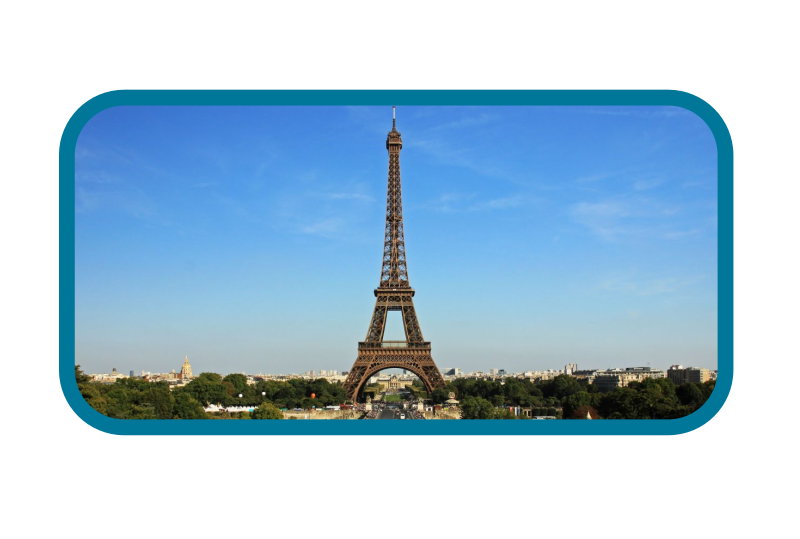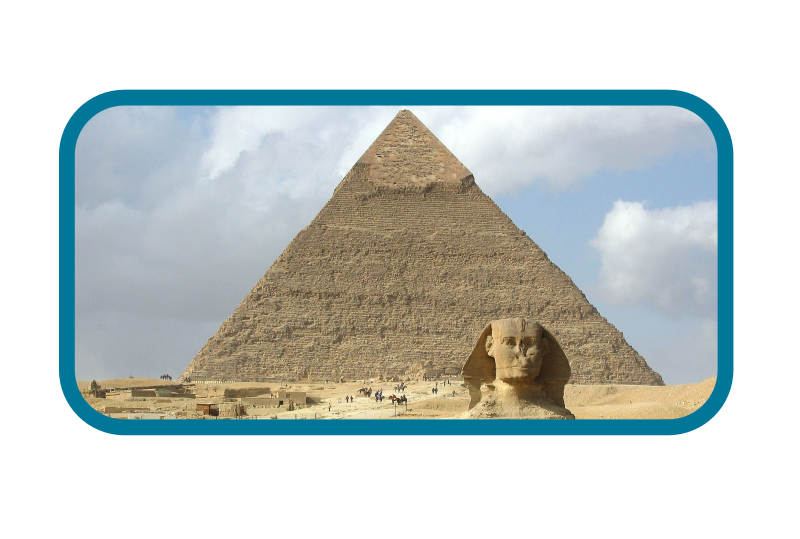Let’s see how different could be the same concept explained. Writers, trends, languages..make the difference, so we can start thinking: How can we define civilization? I’m part of that? Do I want to be domesticated? Am I a supremacist? What can we use technology for?
Civilizations are intimately associated with and often further defined by other socio-politico-economic characteristics, including centralization, the domestication of both humans and other organisms, specialization of labour, culturally ingrained ideologies of progress and supremacism, monumental architecture, taxation, societal dependence upon farming and expansionism.Historically, civilization has often been understood as a larger and “more advanced” culture, in contrast to smaller, supposedly primitive cultures. Similarly, some scholars have described civilization as being necessarily multicultural.In this broad sense, a civilization contrasts with non-centralized tribal societies
Las civilizaciones se diferencian de las sociedades tribales basadas en el parentesco por el predominio del modo de vida urbano (la ciudad, que impone relaciones sociales más abiertas) y el sedentarismo (que implica el desarrollo de la agricultura y a partir de ella todo tipo de desarrollos tecnológicos y económicos con la división del trabajo, la comercialización de excedentes y, más tarde, la industrialización y la terciarización). Con pocas excepciones, las civilizaciones son históricas, es decir, utilizan la escritura para el registro de su legislación y su religión (aparecidas con el poder político -reyes, estados- y religioso -templos, clero-) y para la perpetuación de la memoria de su pasado
英文中的文明(英語:civilization)一词源于拉丁文“civilis”,有“城市化”和“公民化”的含义,引申为“分工”“合作”,即人们和睦地生活于“社会集团”中的状态,也就是一种先进的社会和文化发展状态,以及到达这一状态的过程。其涉及的领域广泛,包括民族意识、技术水准、礼仪规范、宗教思想、风俗习惯以及科学知识的发展等等。文明拥有更密集的人口聚集地,并且已经开始划分社会阶级,一般有一个统治精英阶层和被统治的城市和农村人口。这些被统治的人群依据分工集中从事农业,采矿,小规模制造以及贸易的行业。文明集中权力,并且将人类对自然的控制力作极大的延伸。

